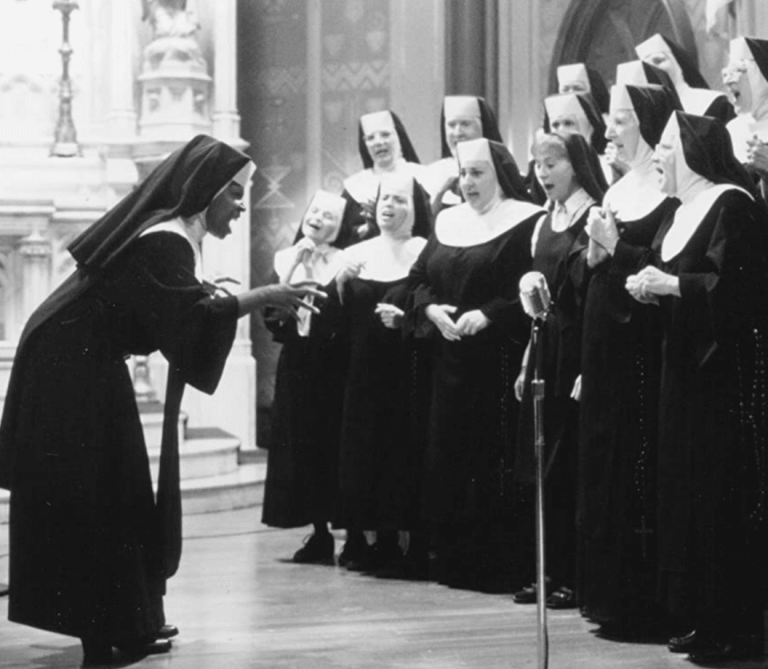
Religious Life
Zena Hitz’s book is presented as a philosopher’s view of religious life. What does that mean? Hitz is a learned woman. She has mastered the canon of philosophical writings; she refers to Plato and Husserl with easy familiarity, as if they were squash partners with whom she lunches. The point of the book, though, is not to shower the reader with quotations or technical terms. Hitz shows herself a philosopher chiefly in the sense that she asks “Why?” about things we take for granted. She states that her intention is not “to do justice to the enormous variety of religious communities and their influence on Christian life”—to analyze, say, the Neoplatonist strain in the Cappadocians, the mendicants’ part in rehabilitating Aristotle, or the Benedictine response to the French Revolution. This is a book designed not to flaunt learning, but to seek understanding: “I am a philosopher, and my gross ignorance, like the ignorance of Socrates, provides opportunities.” The approach works. It is refreshing, given that literature on religious life is often weighed down by ponderous self-affirmation.
From my review of A Philosopher Looks at the Religious Life in the latest issue of First Things.
